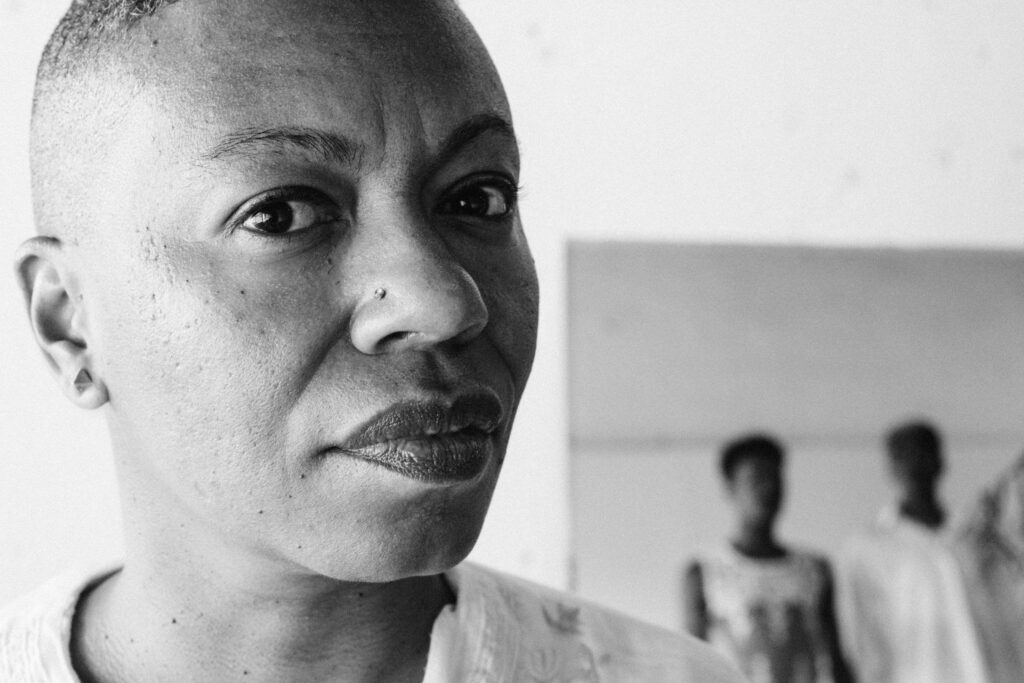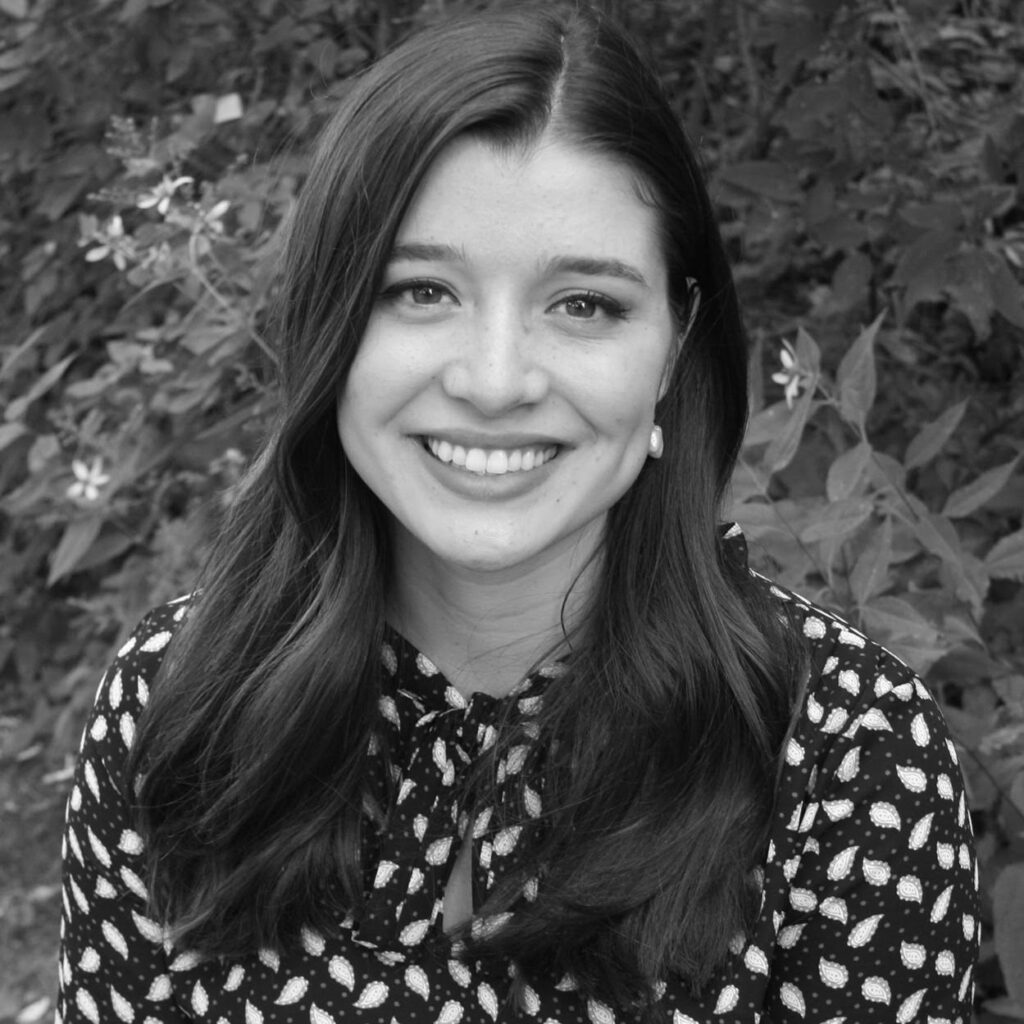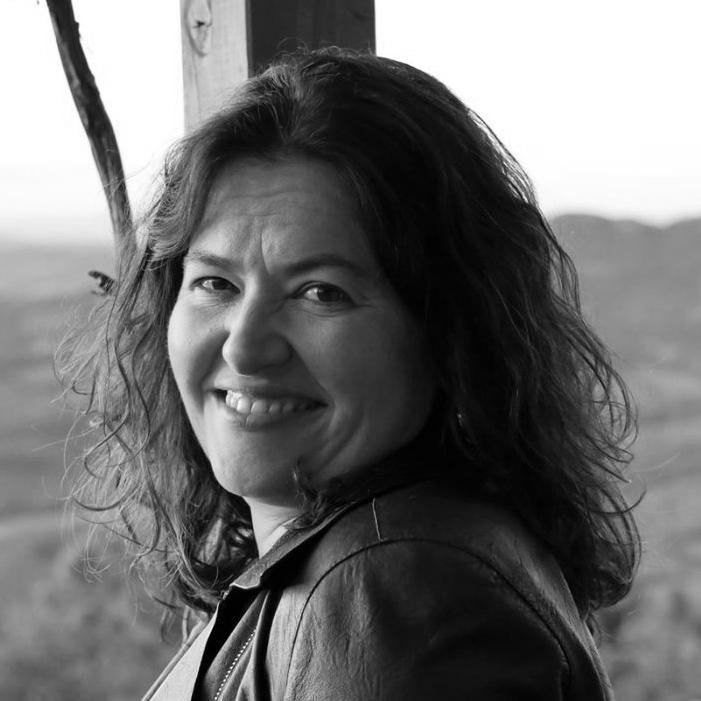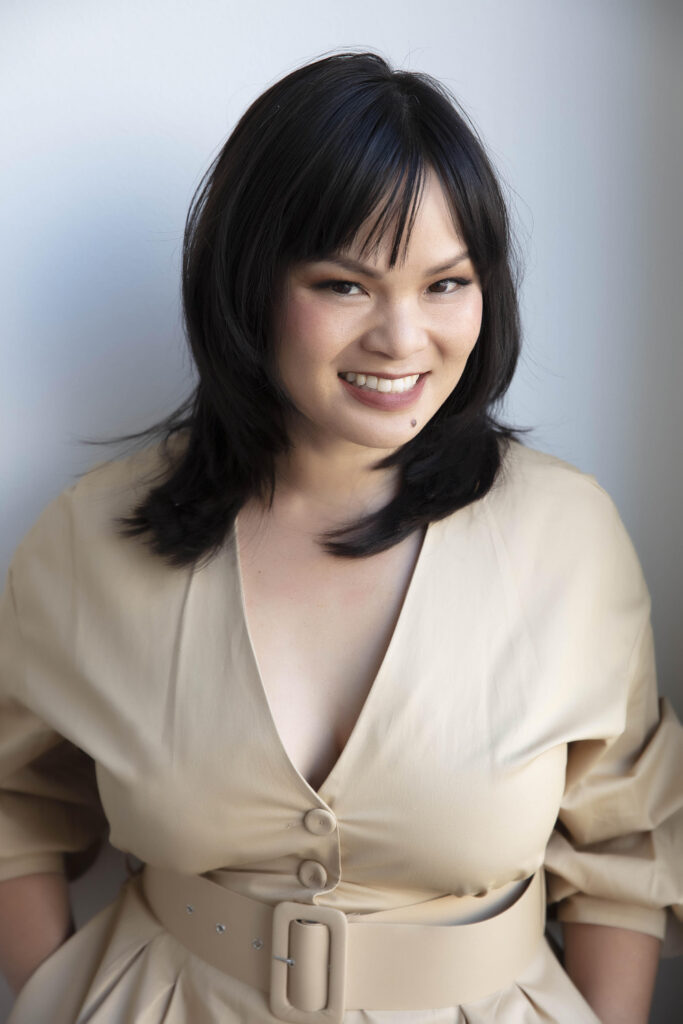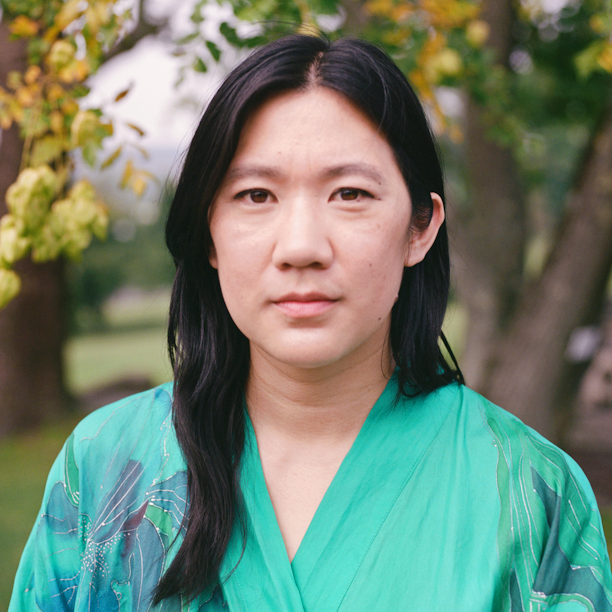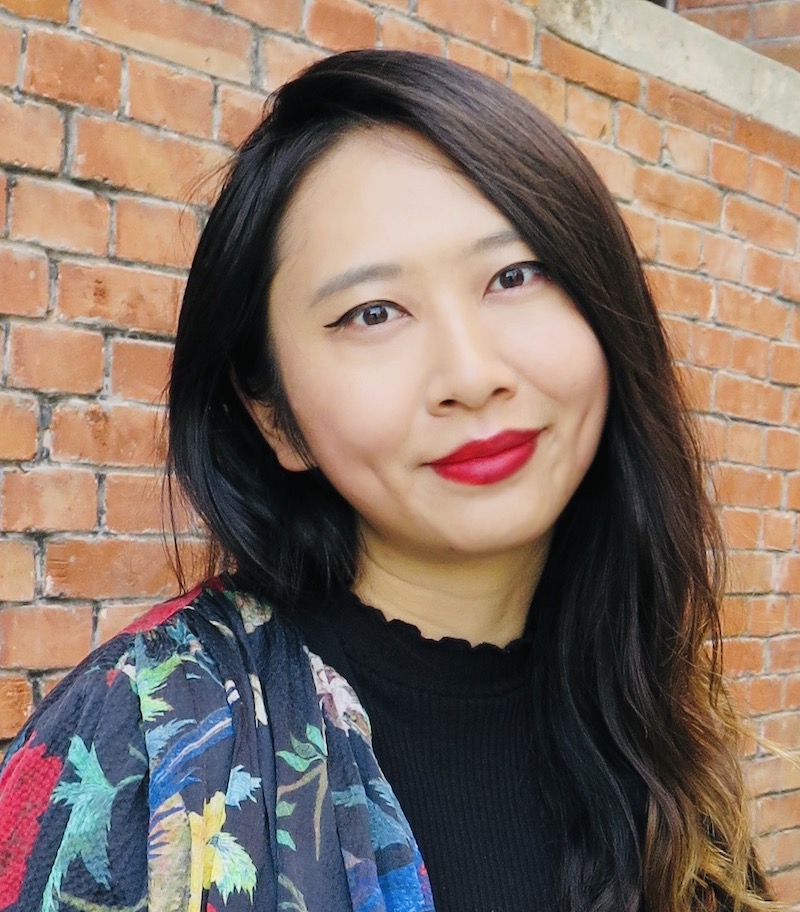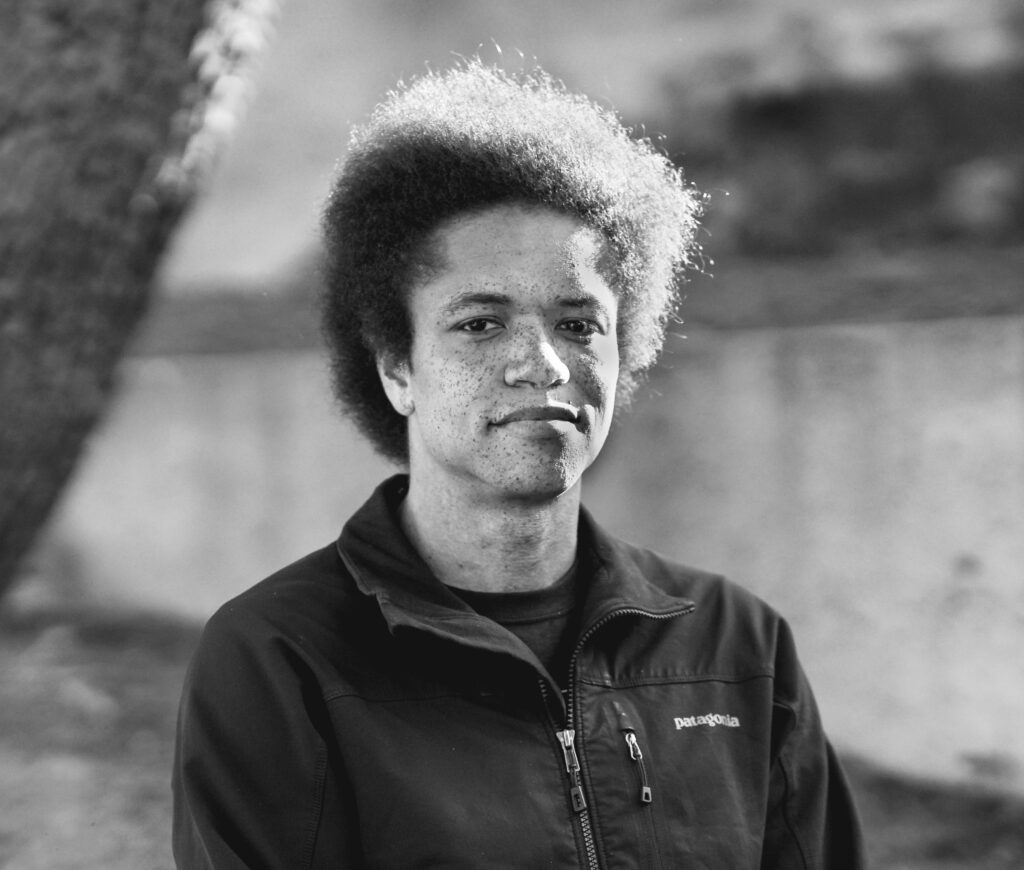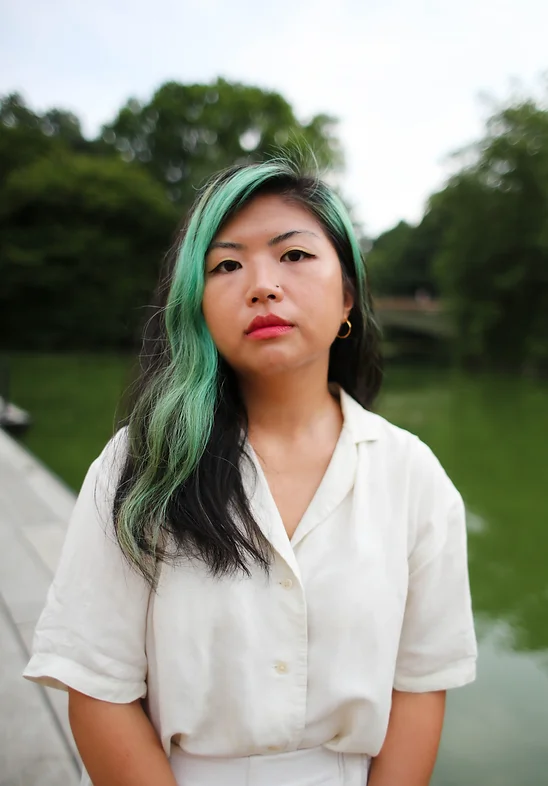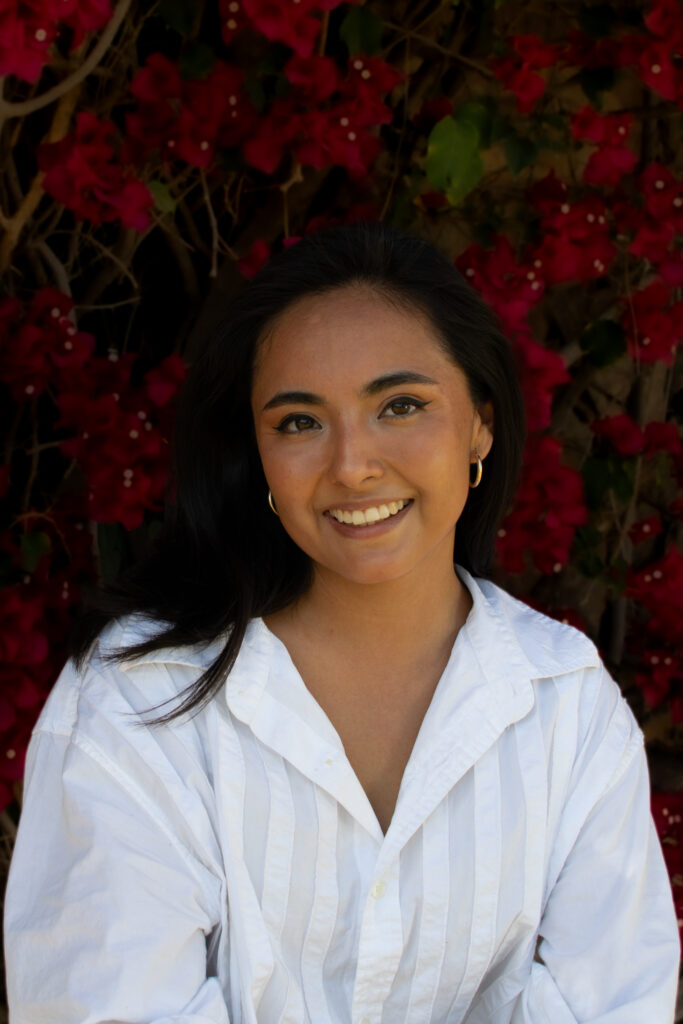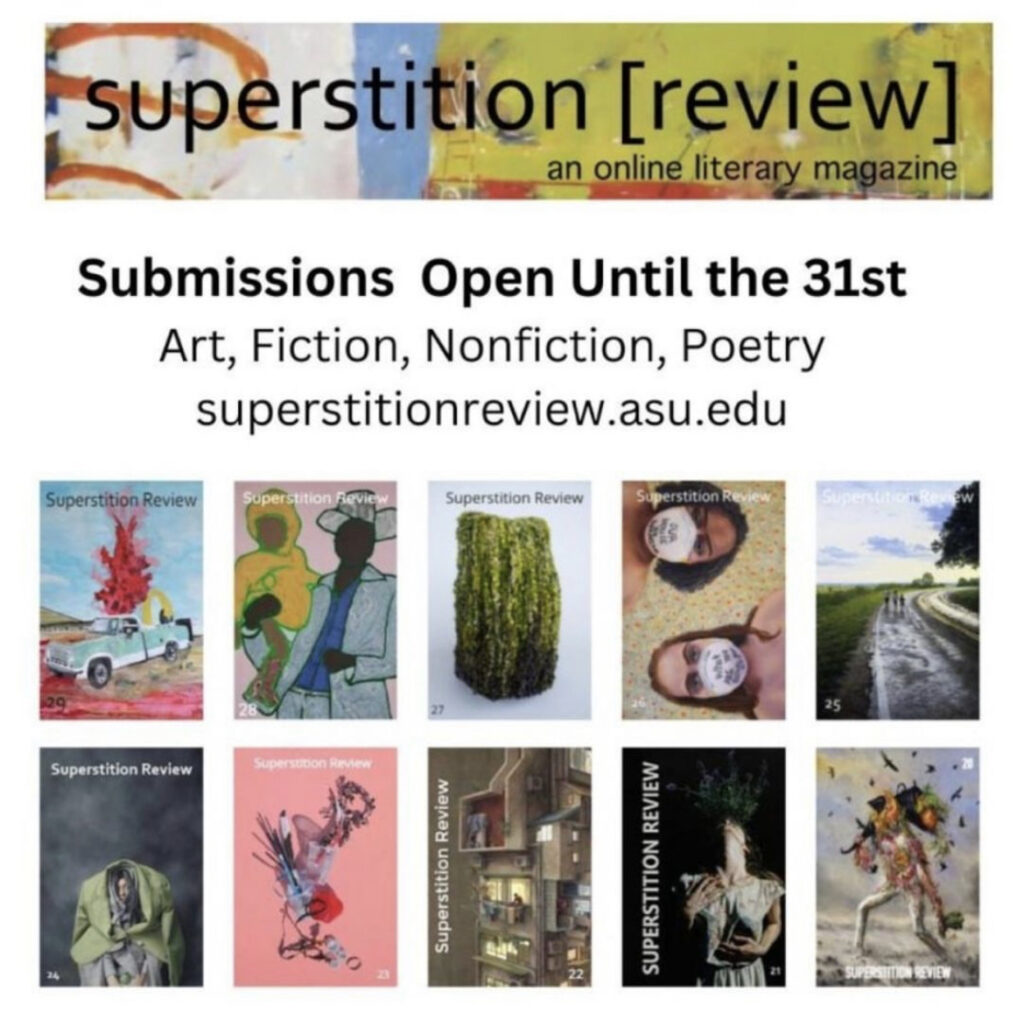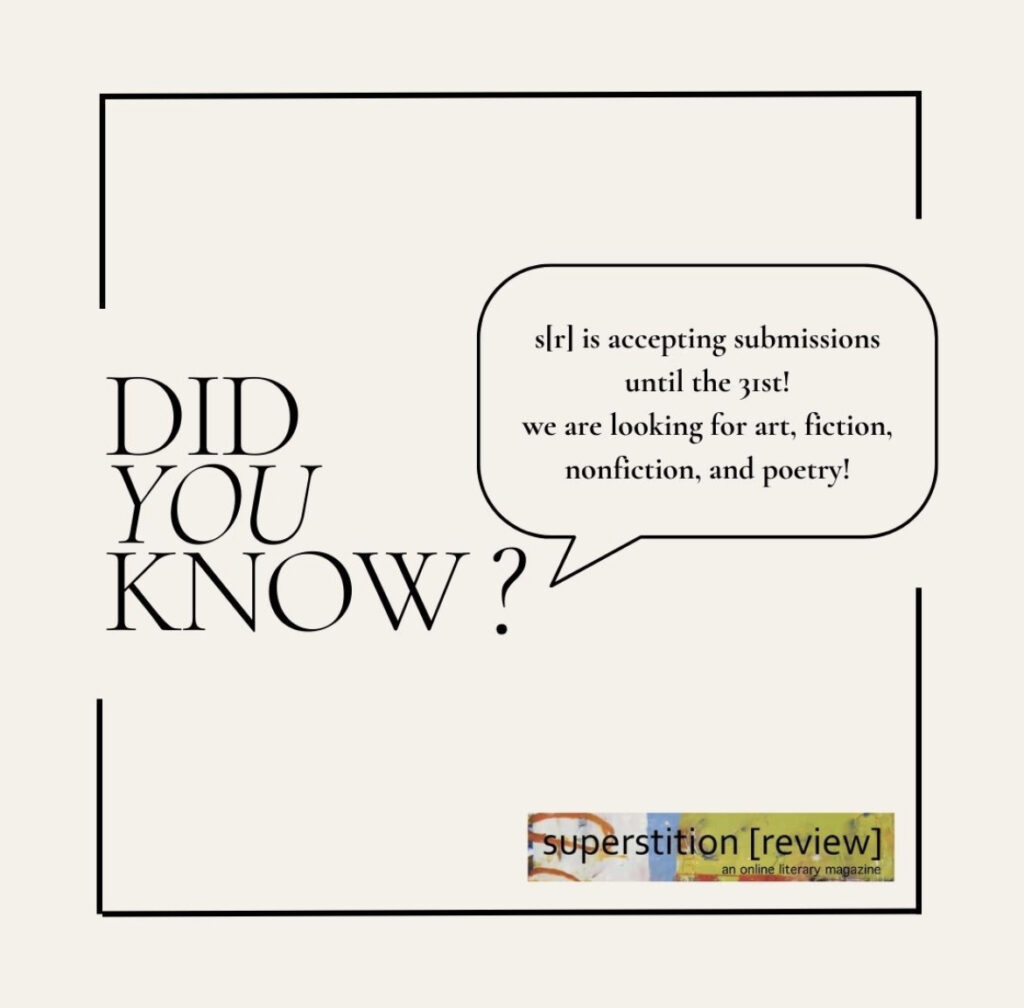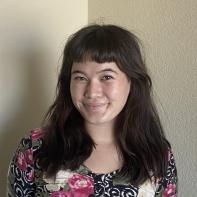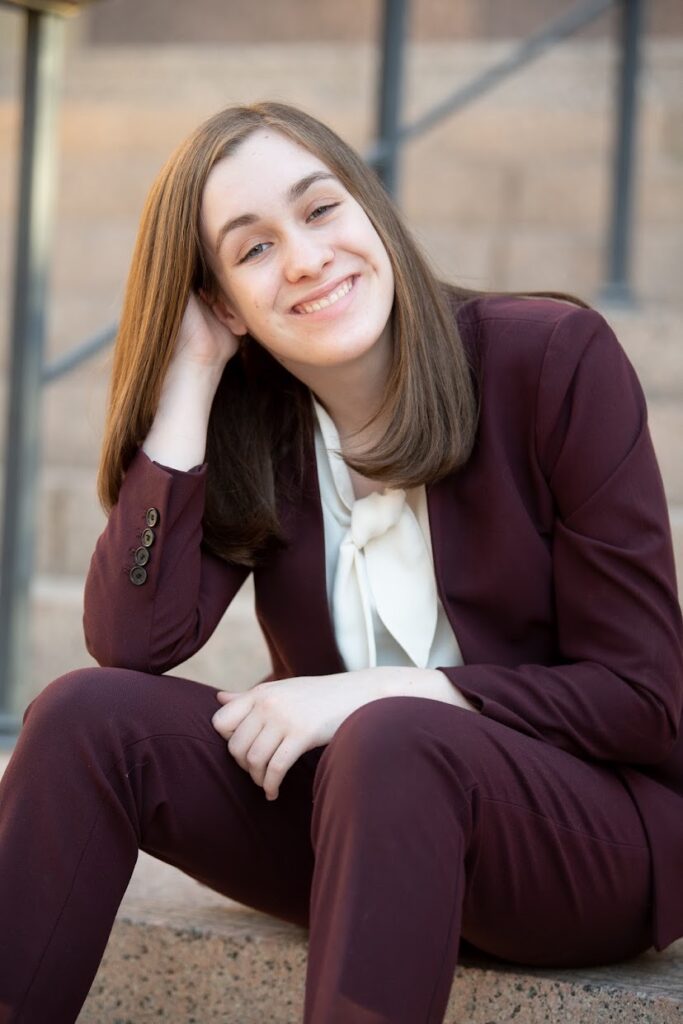Our editors are hard at work building Issue 33 of Superstition Review, which will launch May 1. This issue features seven nonfiction authors: Brenda Miller, JD Isip, Jill McCabe Johnson, Joseph Bardin, Julie Marie Wade, Kasey Butcher Santana, and Mark Brazaitis.

Brenda Miller’s most recent book is A Braided Heart: Essays on Writing and Form. She is the author of five more essay collections, including An Earlier Life, which received the Washington State Book Award for Memoir, and she is the recipient of six Pushcart Prizes. Her book of collaborative essays with Julie Marie Wade, Telephone: Essays in Two Voices, received the Cleveland Poetry Center Award for Creative Nonfiction. Her poetry chapbook, The Daughters of Elderly Women, received the Floating Bridge Press Chapbook Award. She coauthored, with Suzanne Paola, the textbook Tell It Slant: Creating, Refining, and Publishing Creative Nonfiction, now in its third edition from McGraw-Hill.
J.D. Isip’s full-length poetry collections include Kissing the Wound (Moon Tide Press, 2023) and Pocketing Feathers (Sadie Girl Press, 2015). His third collection, tentatively titled Reluctant Prophets, will be released by Moon Tide Press in early 2025. J.D. lives in Texas with his dogs, Ivy and Bucky.


Jill McCabe Johnson (she/they) is the author of three poetry books, two chapbooks, and editor of three anthologies. Her most recent poetry book, Tangled in Vow & Beseech (MoonPath, 2024), was named a finalist for the Sally Albiso and Wheelbarrow Books poetry prizes. Jill is editor-in-chief of Wandering Aengus Press and its imprint, Trail to Table Press. She spends her free time writing, hiking, and in close observation of the natural world.
Joseph Bardin is an essayist and playwright based in Arizona by way of Trenton, NJ, Washington DC, and Tel Aviv. He is the author of the essay collection Outlier Heart, (IFERS Press). His essays have appeared in numerous publications including Interim, Louisville Review, Vol. 1 Brooklyn, Rock & Sling, and Eclectica, and been anthologized in the Transhumanism Handbook (Springer). His plays have been performed both domestically and abroad. A scholarship alumni of the Valley Community of Writers, he is a member of the Dramatists Guild.


Julie Marie Wade is a Professor of English and Creative Writing at Florida International University in Miami. Her newest single-author collections are Skirted: Poems (The Word Works, 2021), Fugue: An Aural History (Diagram/New Michigan Press, 2023), and Otherwise: Essays (Autumn House Press, 2023), winner of the 2022 Autumn House Nonfiction Book Prize selected by Lia Purpura. Her co-authored collections are The Unrhymables: Collaborations in Prose (Noctuary Press, 2019), written with Denise Duhamel, and Telephone: Essays in Two Voices (Cleveland State University Press, 2021), written with Brenda Miller and winner of the 2019 Cleveland State University Press Nonfiction Book Prize selected by Hanif Abdurraqib. Wade makes her home in Dania Beach with her spouse Angie Griffin and their two cats.
Kasey Butcher Santana is a writer and caretaker of a small alpaca farm where she and her husband also raise chickens, bees, and their daughter. Kasey earned a Ph.D. in American literature and has worked as an English teacher and a jail librarian. Recently, her work has appeared or is forthcoming in Great Lakes Review, Passengers, Archetype, The Ocotillo Review, and The Hopper. She is a Nonfiction Editor for Kitchen Table Quarterly.


Mark Brazaitis is the author of nine books, including The River of Lost Voices: Stories from Guatemala, winner of the 1998 Iowa Short Fiction Award, and The Incurables: Stories, winner of the 2012 Richard Sullivan Prize and the 2013 Devil’s Kitchen Reading Award in Prose. His novel American Seasons is forthcoming from Main Street Rag. A former Peace Corps Volunteer and technical trainer, he is a professor of English at West Virginia University, where he directs the Creative Writing Program and the West Virginia Writers’ Workshop.





